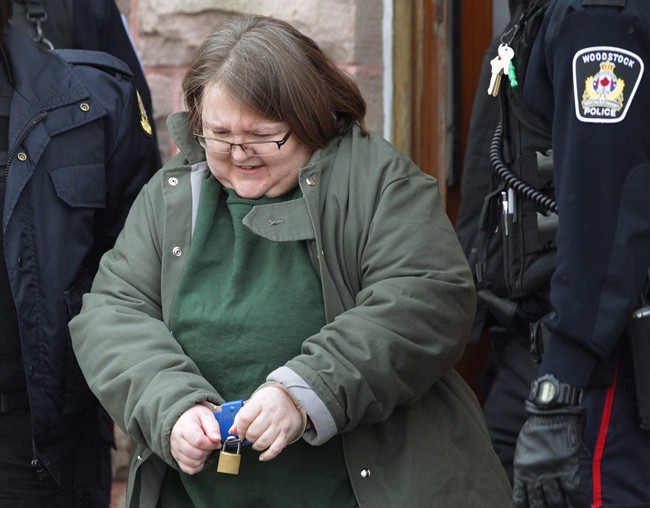The transition from the Nursing Homes Act to the Long-Term Care Homes Act was up for discussion at Wednesday’s hearings in the Elizabeth Wettlaufer inquiry.

Wettlaufer began attacking and murdering patients in her care in 2007, the same year the new act was approved, though it wouldn’t come into effect until 2010.
Karin Fairchild has been the manager of compliance inspection at the Hamilton Service Area Office (SAO) since 2007 and was asked about challenges of prosecuting under the old system.
“By the time things had gotten to court, a lot of issues had been resolved. That was the information that I received about why those challenges existed.”

Get weekly health news
The Woods Gordon report, commissioned in 1986, found that the enforcement approach at the time was ineffective because the time it took to conduct a successful prosecution took resources away from inspecting homes and there wasn’t enough focus on resident care.
WATCH: Elizabeth Wettlaufer pleads guilty to murders of 8 seniors

Fairchild was also asked about current reporting responsibilities and confirmed that in some cases, an investigation has to be launched even if the person making a complaint doesn’t want one. When asked about anonymous reporting, she noted that they do take that information but the more information they have, the easier it is to follow up.
“We know people are fearful, but we do try to emphasize for them that the protections are there. Sometimes that’s not good enough for people, I understand, but we certainly do our very best.”
The inquiry is tasked with reviewing how Elizabeth Wettlaufer was able to get away with murdering and hurting patients for roughly 10 years.
In 2017, Wettlaufer was sentenced to life in prison without parole eligibility for 25 years after pleading guilty to eight counts of first-degree murder and six counts of attempt to commit murder for incidents between 2007 and 2016.











Comments